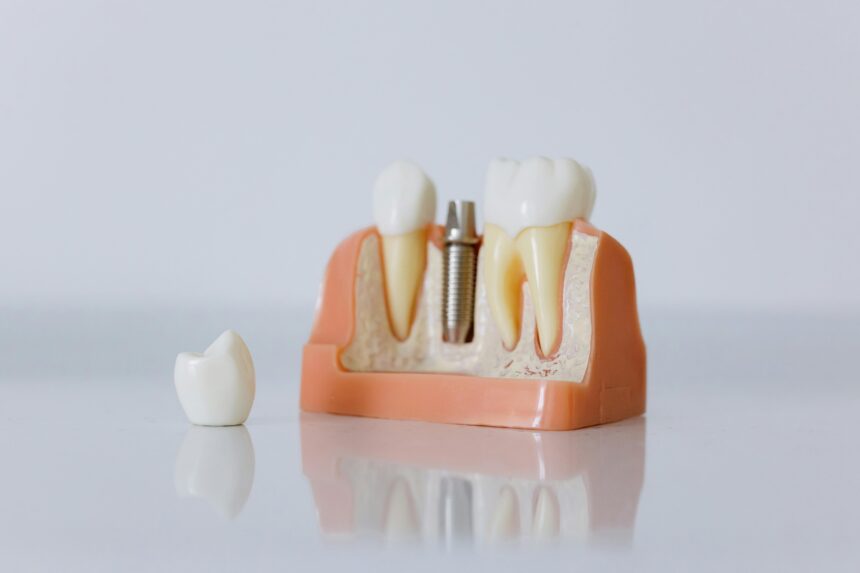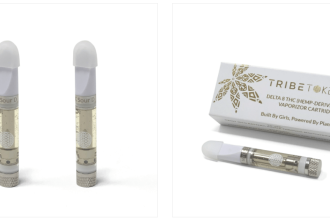Dental implants have transformed the way many approach tooth replacement, offering a long-lasting and natural-looking solution. Yet, their success depends not just on the surgical procedure but on recognizing warning signs early and following proper aftercare routines. Without timely attention, minor issues could escalate into complications that compromise the implant’s stability or cause discomfort.
Understanding the signs of potential problems helps patients take action before small concerns develop into serious setbacks. Alongside this, a clear aftercare regimen supports healing and promotes integration between the implant and jawbone, ensuring the implant performs well for years to come.
Recognizing Early Signs of Implant Problems
Once dental implants are placed, the healing process begins with the jawbone growing around the implant in a process called osseointegration. During this period, some mild soreness and swelling are normal, but there are certain symptoms that indicate complications may be arising. Persistent pain beyond a few days, swelling that worsens instead of improving, or redness around the implant site can signal infection or inflammation.
If implants feel loose or unstable, that is a cause for immediate concern. A properly integrated implant should feel firmly anchored. Mobility might suggest that the implant failed to bond with the bone or that bone loss is occurring around the implant. It is crucial to report any abnormal sensations or discomfort to the dental professional promptly to avoid worsening the condition.
Identifying Signs of Infection Around the Implant
Infections can develop at the implant site if bacteria enter the surgical area during or after the procedure. Symptoms such as continuous bleeding, pus discharge, bad taste or odor in the mouth, and fever should never be ignored. These signs may indicate peri-implantitis, a condition where the tissues and bone around the implant become inflamed and deteriorate.
Maintaining impeccable oral hygiene and following the dentist’s post-op instructions reduces the risk of infections. Early intervention is critical because untreated infections can lead to implant failure and may require removal or additional surgeries to restore the site.
Proper Care During the Healing Phase
Immediately after surgery, patients must avoid disturbing the implant area to promote healing. This means refraining from chewing on that side and steering clear of hard or sticky foods that could strain the surgical site. Gentle rinsing with a prescribed mouthwash or saltwater solution keeps the area clean without irritating it.
Smoking slows down blood flow and inhibits healing, raising the chances of implant failure. Avoiding tobacco use during recovery significantly improves outcomes. Follow-up visits allow the dentist to monitor healing progress and address any issues before they become serious.
The Role of Multi-Tooth Implants as a Solution for Extensive Tooth Loss
Patients with multiple missing teeth have options beyond single implants. Combining functionality and aesthetics effectively, multi-tooth implants available can replace several adjacent teeth using fewer implants. These restorations require precise planning and thorough aftercare since the complexity increases with the number of teeth involved.
Because multi-tooth implants cover a larger area, it is critical to watch for uneven pressure or discomfort that could indicate misalignment or bone issues. Regular professional cleanings and careful home hygiene prevent plaque buildup around these implants, reducing the chance of inflammation and bone loss.
Long-Term Maintenance Practices for Implant Health
After the initial healing phase, ongoing care remains a cornerstone of dental implant success. Daily brushing and flossing should include attention to the implant area, using tools designed to clean around implants without damaging the gums. Specialized floss or interdental brushes may be recommended to reach difficult spots.
Avoid grinding or clenching teeth, as these forces put stress on implants and surrounding bone. If necessary, a night guard can protect the implant from excessive pressure. Maintaining routine dental checkups ensures early detection of any potential problems and allows professional cleaning to keep implants free of harmful bacteria.

When to Seek Immediate Professional Help
Certain symptoms require urgent dental evaluation to preserve the implant’s integrity. Sharp pain, sudden swelling, bleeding that does not stop, or any signs of systemic illness such as fever or chills should never be delayed. Early treatment prevents complications from spreading and helps protect the jawbone and adjacent teeth.
Patients should keep an open line of communication with their dental provider, reporting any unusual changes promptly. This proactive approach supports timely interventions and can prevent implant failure or the need for complex corrective procedures.
Maintaining awareness of early warning signs combined with disciplined aftercare routines offers the best chance for dental implants to become a permanent and reliable solution. Patients who invest in proper hygiene, monitor symptoms, and work closely with their dental professionals enjoy restored function and confidence in their smiles for many years.















